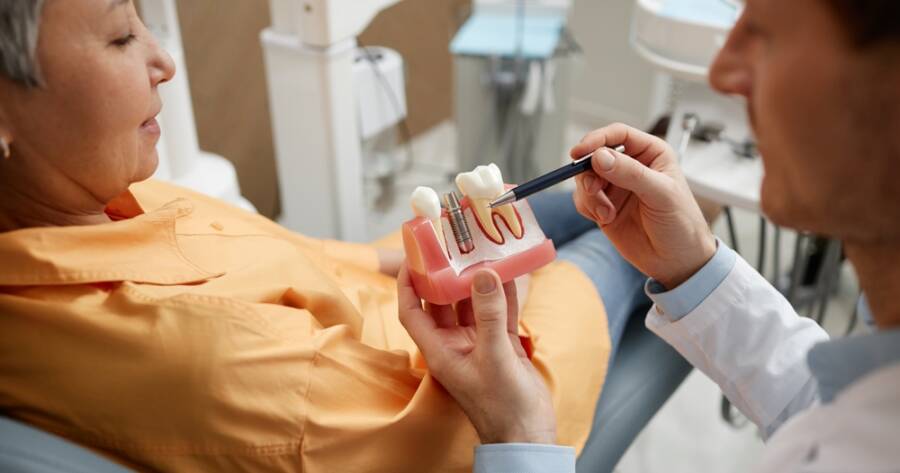Dental implants offer a long-lasting, natural-looking solution for missing teeth, restoring both function and confidence. Unlike dentures or bridges, they integrate with the jawbone for superior stability and durability. However, not everyone is a candidate for this procedure, as certain health and structural factors play a role in eligibility. Exploring these factors is the first step toward making an informed decision about your dental health.
Good Medical Health
Dental implants require a surgical procedure, meaning overall health plays a crucial role in eligibility. Conditions such as uncontrolled diabetes, heart disease, or autoimmune disorders can affect healing and increase the risk of complications. Smokers may also face a higher risk of implant failure due to slower healing and potential infections.
Before proceeding, a dentist will assess your medical history to ensure the procedure is safe. If you have underlying health conditions, proper management and lifestyle adjustments may improve your chances of being a candidate for implants.
Good Oral Health
A healthy mouth is essential for the long-term success of dental implants. Issues like untreated cavities, gum infections, or advanced tooth decay can create complications during and after surgery. Before receiving implants, any existing dental problems must be treated to create a stable and healthy foundation.
Regular dental checkups and cleanings help maintain oral health, ensuring that your gums and remaining teeth support the implant properly. A strong commitment to oral hygiene is crucial for preventing future complications and maximizing the lifespan of your implants.
Healthy Gums
Gum health is one of the most important factors in determining eligibility for dental implants. Since implants fuse with the jawbone, they need strong, disease-free gums for proper support. Periodontal disease, also known as gum disease, can weaken the tissues surrounding the implant, leading to failure over time.
If gum disease is present, it must be treated before considering implants. Scaling, root planing, and other periodontal treatments can help restore gum health, making it possible to move forward with the procedure.
Sufficient Bone Density in the Jaw
A strong jawbone is necessary to anchor dental implants securely. Without enough bone density, the implant may not integrate properly, leading to failure. Bone loss is common in individuals who have had missing teeth for an extended period, but it doesn’t necessarily mean implants are impossible.
Bone grafting procedures can help rebuild the jawbone, making implant placement viable. During a consultation, your dentist will take X-rays or 3D scans to assess bone density and determine whether additional procedures are needed to support the implant successfully.
The Importance of a Consultation
Even if you meet the general criteria, a professional consultation is essential before moving forward with dental implants. A dentist or oral surgeon will evaluate your overall health, oral condition, and bone structure to determine the best approach.
Advanced imaging techniques help create a personalized treatment plan tailored to your specific needs. A consultation also provides the opportunity to discuss any concerns, review potential alternatives, and understand the expected recovery process. Taking this step ensures that you receive the safest, most effective treatment for long-lasting results.
The Benefits of Dental Implants
Dental implants offer numerous advantages over traditional tooth replacement options. They look, feel, and function like natural teeth, allowing for improved chewing and speech. Unlike dentures, implants are permanent and don’t require adhesives or special cleaning routines.
They also help maintain jawbone density by stimulating bone growth, preventing facial sagging that often occurs with tooth loss. With proper care, dental implants can last a lifetime, making them a long-term investment in both oral health and confidence. For those who qualify, implants provide a durable and reliable solution for restoring a complete, healthy smile.
Making the Right Choice for Your Smile
Dental implants offer a reliable, long-lasting solution for missing teeth, but not everyone is an ideal candidate. Good overall health, strong gums, and sufficient jawbone density are key factors in determining eligibility.
A thorough consultation with a dental professional ensures the best approach for your specific needs. Whether you’re ready for implants now or need preparatory treatments, taking the right steps can help you achieve a healthier, more confident smile that lasts a lifetime.





